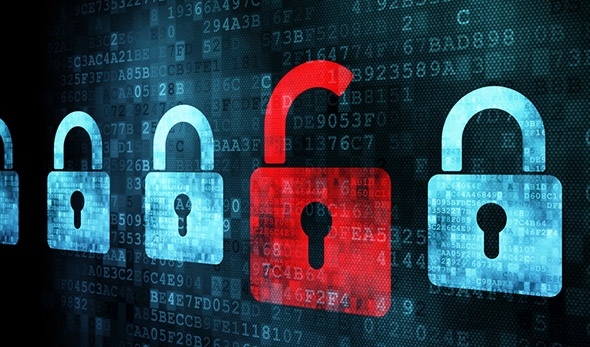As higher education becomes more digitized, the issue of cybersecurity is uppermost in the minds of many college and university leaders. And Dartmouth is at the forefront of leading research on the subject.
On July 16 and 17, Dartmouth’s Institute for Security, Technology, and Society, (ISTS), along with the College’s computing services, will host the seventh annual “Securing the eCampus” conference, featuring 10 speakers who work as cybersecurity experts in academic and industrial fields. On hand will be more than 65 participants from 33 colleges and universities, as well as representatives from 18 industry and government organizations.

“We are bringing together technical expertise with a broad set of other viewpoints—from social science and public policy experts to educational leaders—in order to think deeply about how we deal with important issues of information security and privacy,” says Associate Professor of Sociology Denise Anthony, director of ISTS.
The conference will feature panel discussions and individual presentations on topics such as information security awareness, new government policies, and IT standards for preventing malware, which is software used to disrupt computer operation. Anthony says she is interested in hearing participants talk about how to balance issues of information security and individual privacy; issues that are very relevant to institutions of higher education. The discussions will focus on issues such as risk management and privacy, and will include conversations on recent legislation.

“Regardless of what you think of Edward Snowden—whistleblower or traitor, hero or villain—his actions revealing the National Security Agency PRISM program and other surveillance activities by the U.S. government have opened an important public discussion related to the security and protection of our digital information infrastructure, as well as to the nature and extent of privacy, civil liberties, and government surveillance,” says Anthony. “These are precisely the issues we examine—from a technical, practical, educational, and ethical perspective—in the conference.”
“I believe the conference has really helped raise awareness of a number of issues that we are all facing, but I believe the most positive outcomes have been the connections made amongst the participants—many of whom return year after year—and the resulting collaborative opportunities,” says Thomas Candon, associate director of ISTS.
Earlier this summer, ISTS hosted the fifth annual Secure Information Systems Mentoring and Training (SISMAT) program, which teaches college students the skills needed to meet the region’s and the nation’s growing demands for technical workers in cybersecurity fields. ISTS is currently hosting a five-day summer camp for high school students, allowing them to get a taste of the many issues and challenges involving cybersecurity.
ISTS was founded at Dartmouth in 2000. It provides funding for faculty members, students, and researchers. ISTS members have published more than 500 academic articles, papers, and reports, as well as two books, and have helped develop new courses at Dartmouth.
